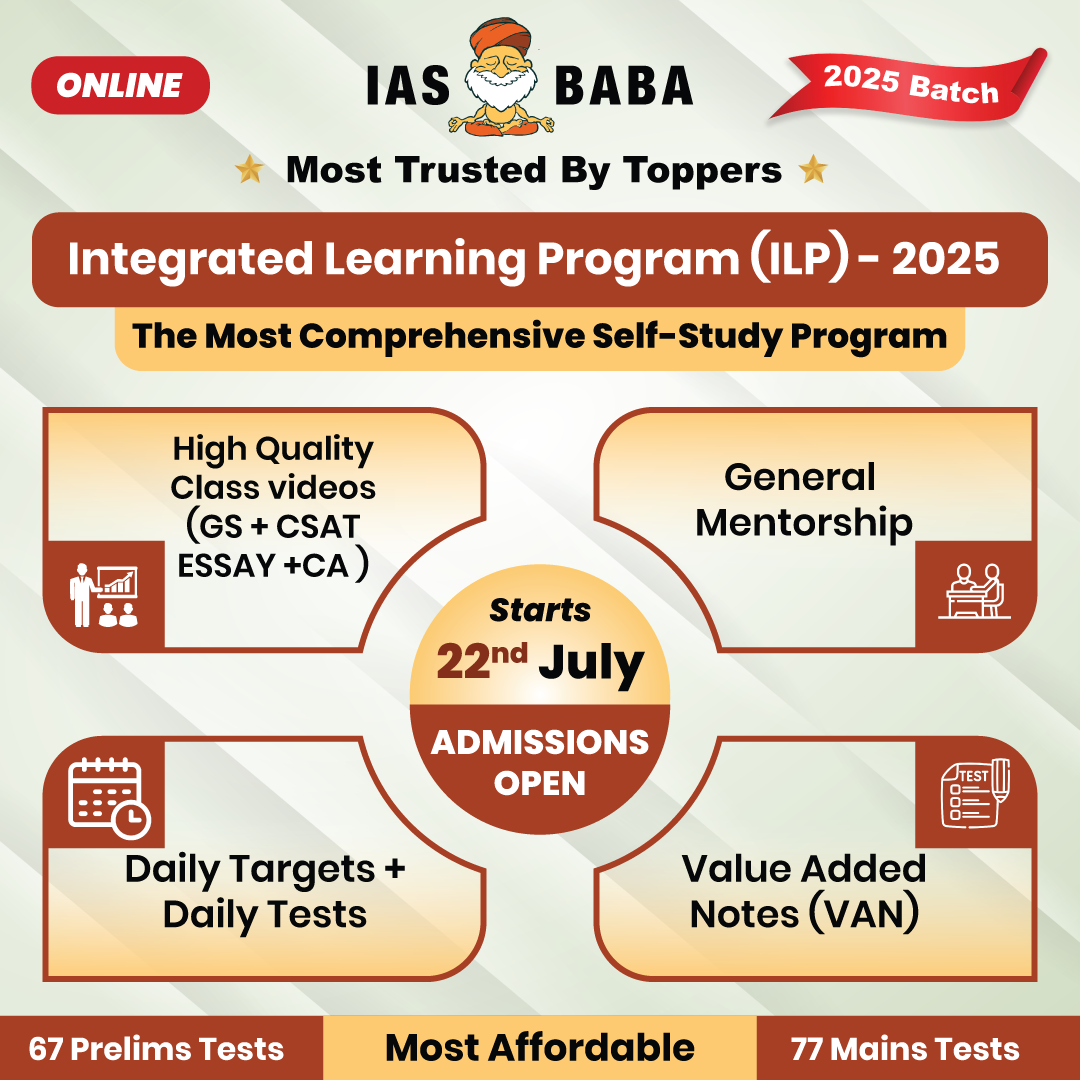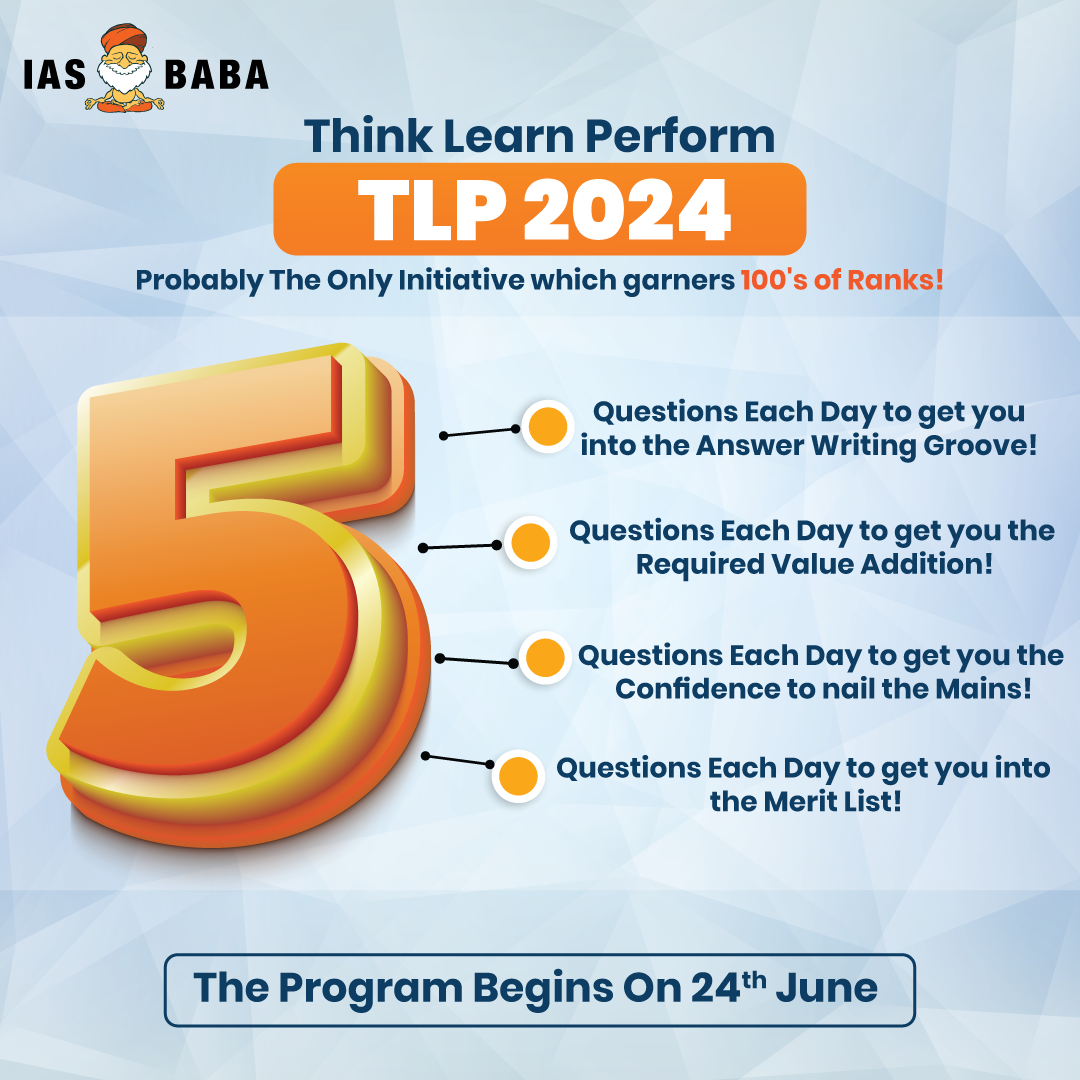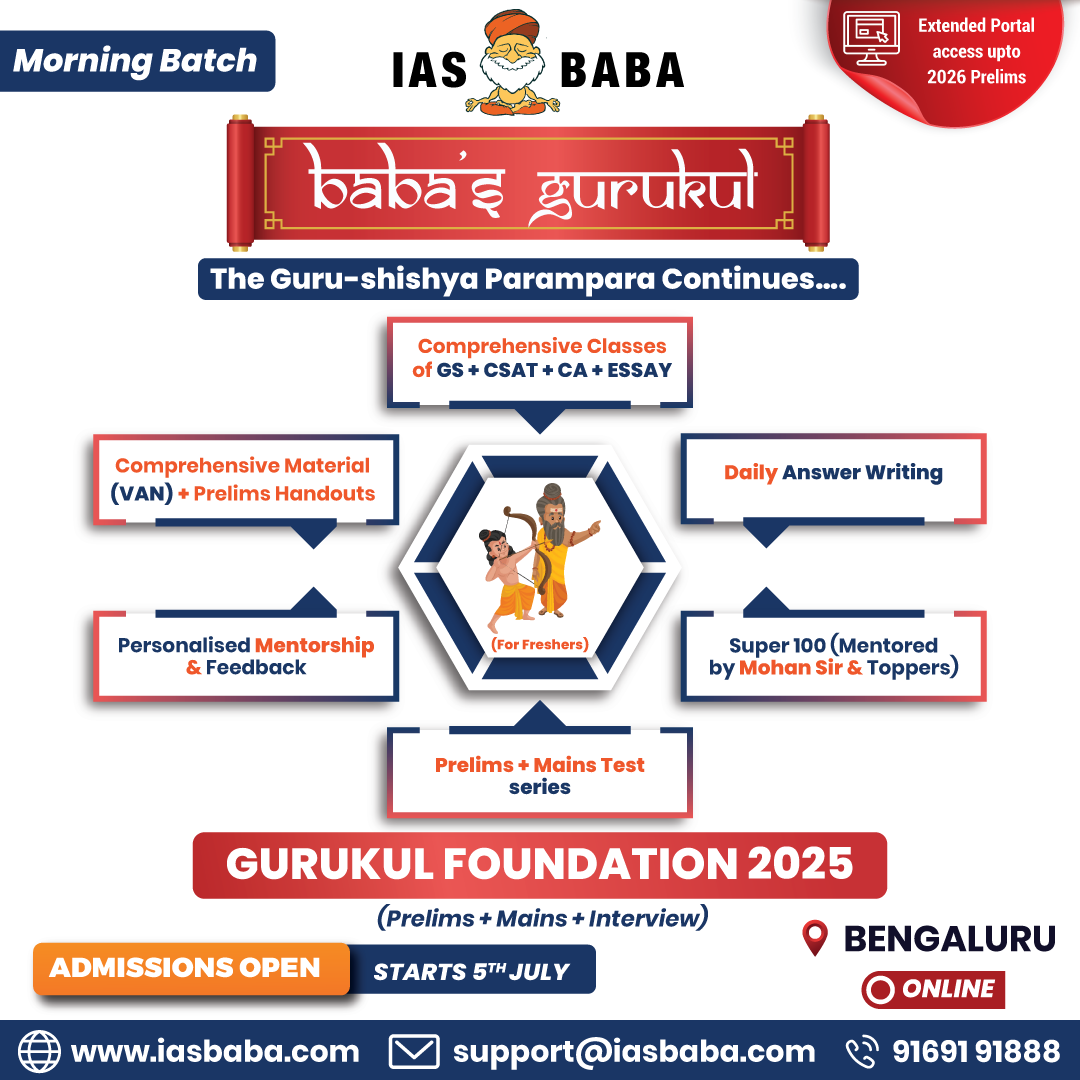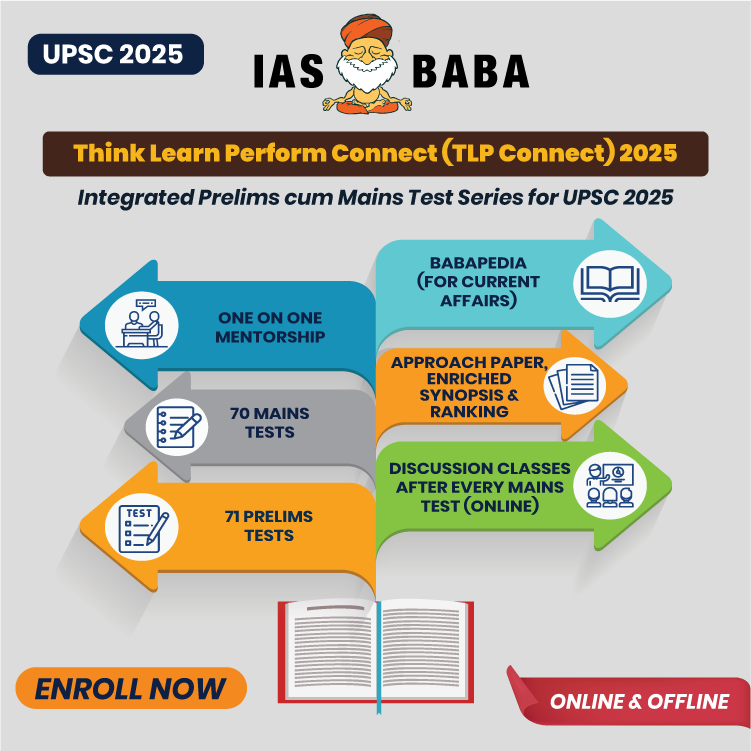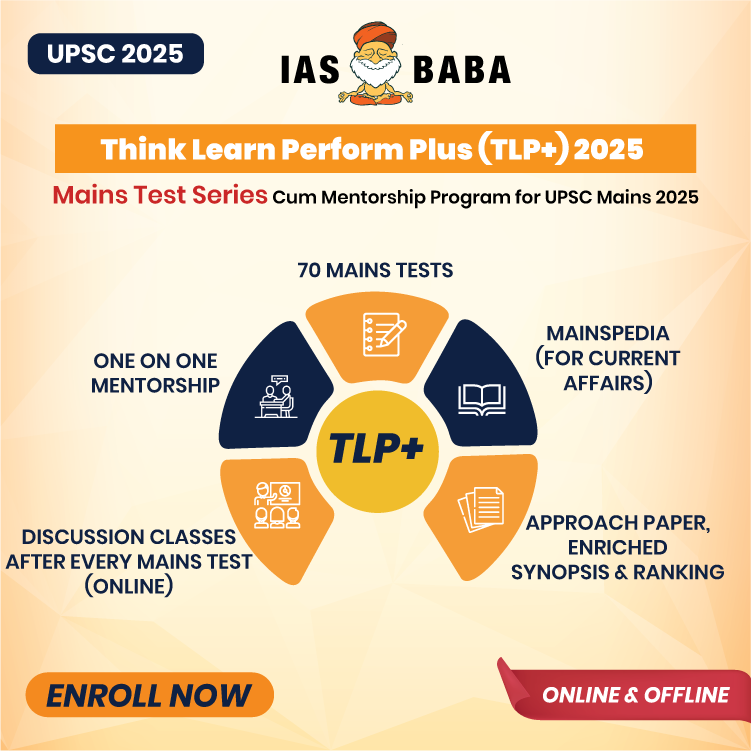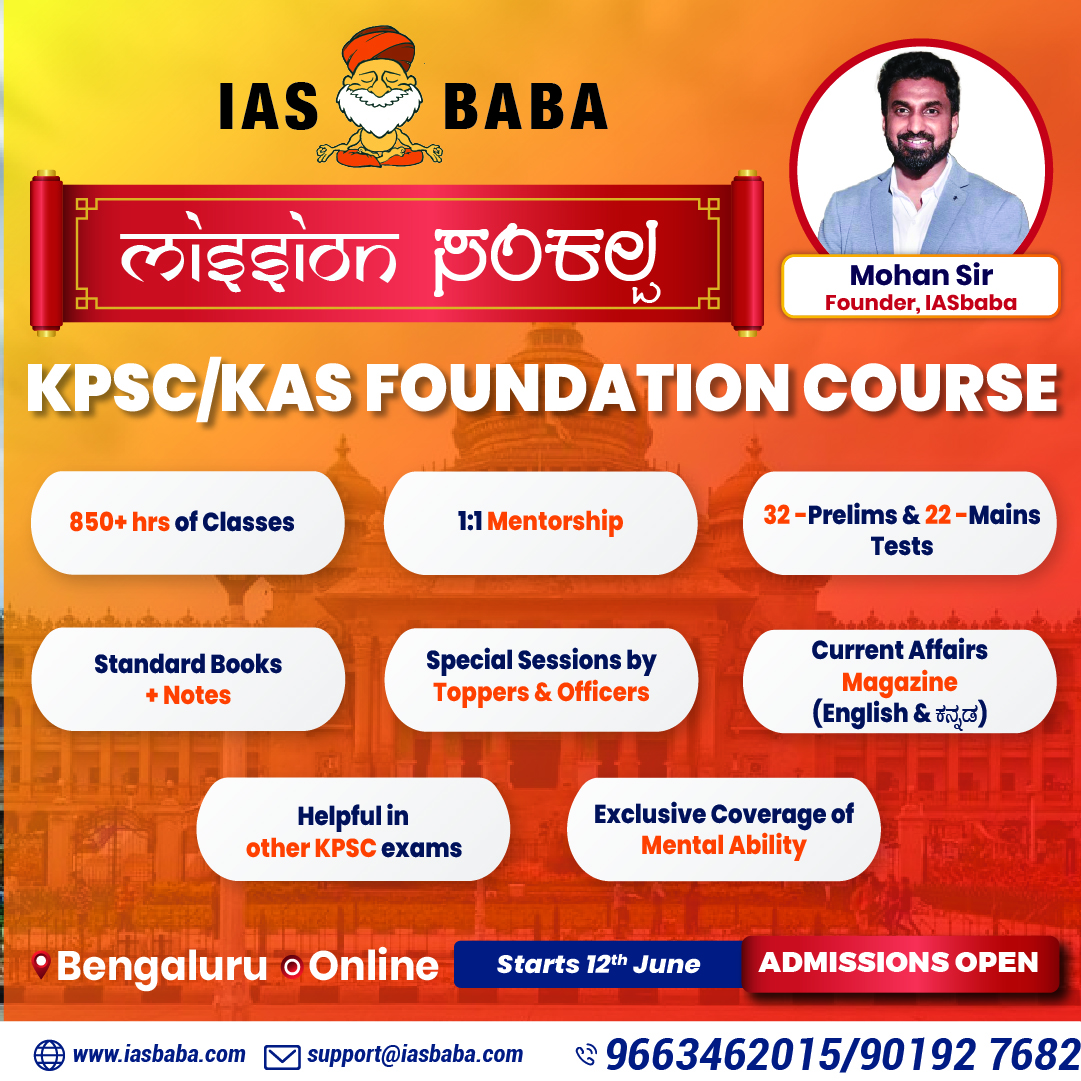UPSC Articles
INTERNATIONAL/ EDUCATION
Topic:
- GS-2: Education & Governance
- GS-2: Effect of policies and politics of developed and developing countries on India’s interests.
Japanese education spells holistic development
Investment in education yields both private and social returns.
- Private returns, like wages, accrue to individuals.
- Social returns accrue to society: For when educated people follow rules such as queuing, using washrooms, washing hands, protecting public property, etc. the collective returns from such actions generate a huge social value such as cleaner, healthier and disciplined societies.
The novel coronavirus pandemic has given us an opportunity to re-evaluate how our schools should expand our capabilities.
- While academic prowess in math, science and language is essential, moral & value education is missing in India’s education system
- Japanese Education system provides important lessons for India to make our Education system human-centric in nature.
What is Japanese Model of Education?
Japanese curriculum emphasis on both cognitive & non-cognitive elements.
- Moving Beyond Academic Prowess
-
- ‘Chi-Toku-Tai’ is the defining features of Japanese schooling.
- Chi, which translates to ‘know’ lay an emphasis on building strong academic abilities.
- Toku, translates to ‘virtue’ and refers to mindfulness, self-discipline, and cooperative abilities.
- Tai, translates to ‘body, and refers to physical and mental well-being.
- This philosophy focuses on holistic ability extending beyond academic prowess to include ‘kansei’ which roughly translates to ‘sensitivity’.
- This approach aims at developing a knowledgeable mind which can appreciate beauty and nature, hold a sense of justice, and respect life and labour.
- ‘Chi-Toku-Tai’ is the defining features of Japanese schooling.
- Shaping Social Behaviour
-
- The elementary school curriculum is supplemented with subjects, namely moral education, integrated studies and special activities. This plays a tremendous role in building courteous and mindful societies.
- Moral education includes norms that define socially responsible and considerate behaviour towards everyone including nature.
- Students as young as first graders take turns to clean their classrooms, washrooms, serve school lunches, and water the plants at school.
-
- Such a system reaps several benefits. As students do various chores, it builds respect for labour, humility at a young age and encourages responsible and mindful behaviour towards the community.
- Experiential learning
-
- Integrated studies encompass experiential learning and independent thinking where students identify problems in their local communities and think of solutions.
- For example, children may create a disaster preparedness map based on their own research. Activities such as these integrate schools with community.
- If we can train our children in identifying problems in their local communities such as health ailments, pollution, waste disposal, etc. and coach them in developing solution road maps, the gains to both sides can be immense.
- Any solution & analysis inculcates the practise of ‘kaizen’ — the Japanese philosophy of continuous improvement.
- Emphasis on Unity
-
- Another notable aspect that defines Japanese society and education system is ‘collectivism’.
- Unlike the West, Japan is a collectivist society. Working as a group and group harmony is fundamental to this society
- The belief that one wins only when the group wins, generates equitable and united societies.
- Education includes activities which promotes the idea of Unity & Collectivism.
Conclusion
- The Japanese education philosophy transitioned from an extremely examination-focused, rote memorisation-based approach to the ‘Chi-Toku-Tai’ approach in the 1970s.
- The results are visible with high Civic Consciousness among Japanese as well as top rank in the Programme for International Student Assessment (PISA).
- It is time India learn from this model.
Connecting the dots:




